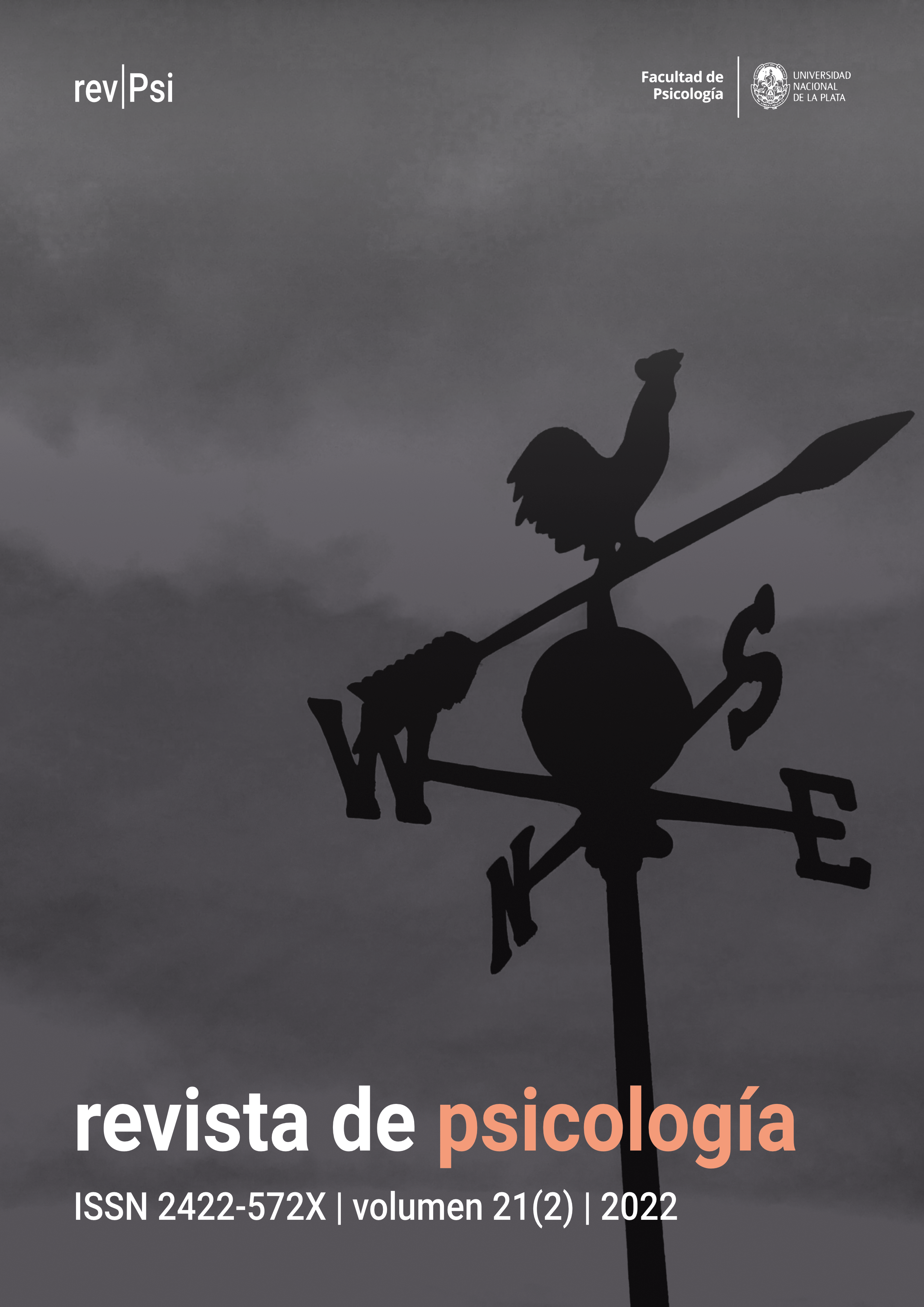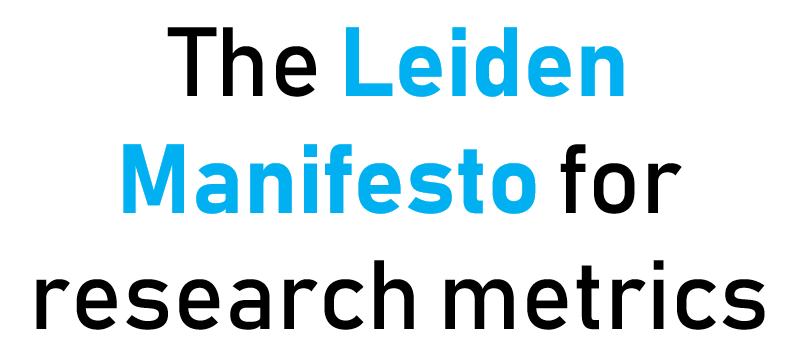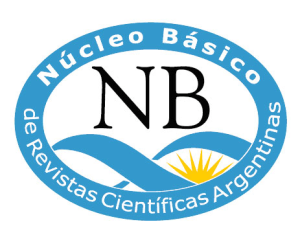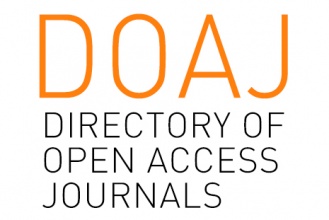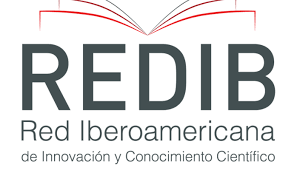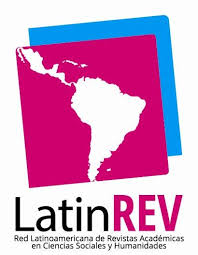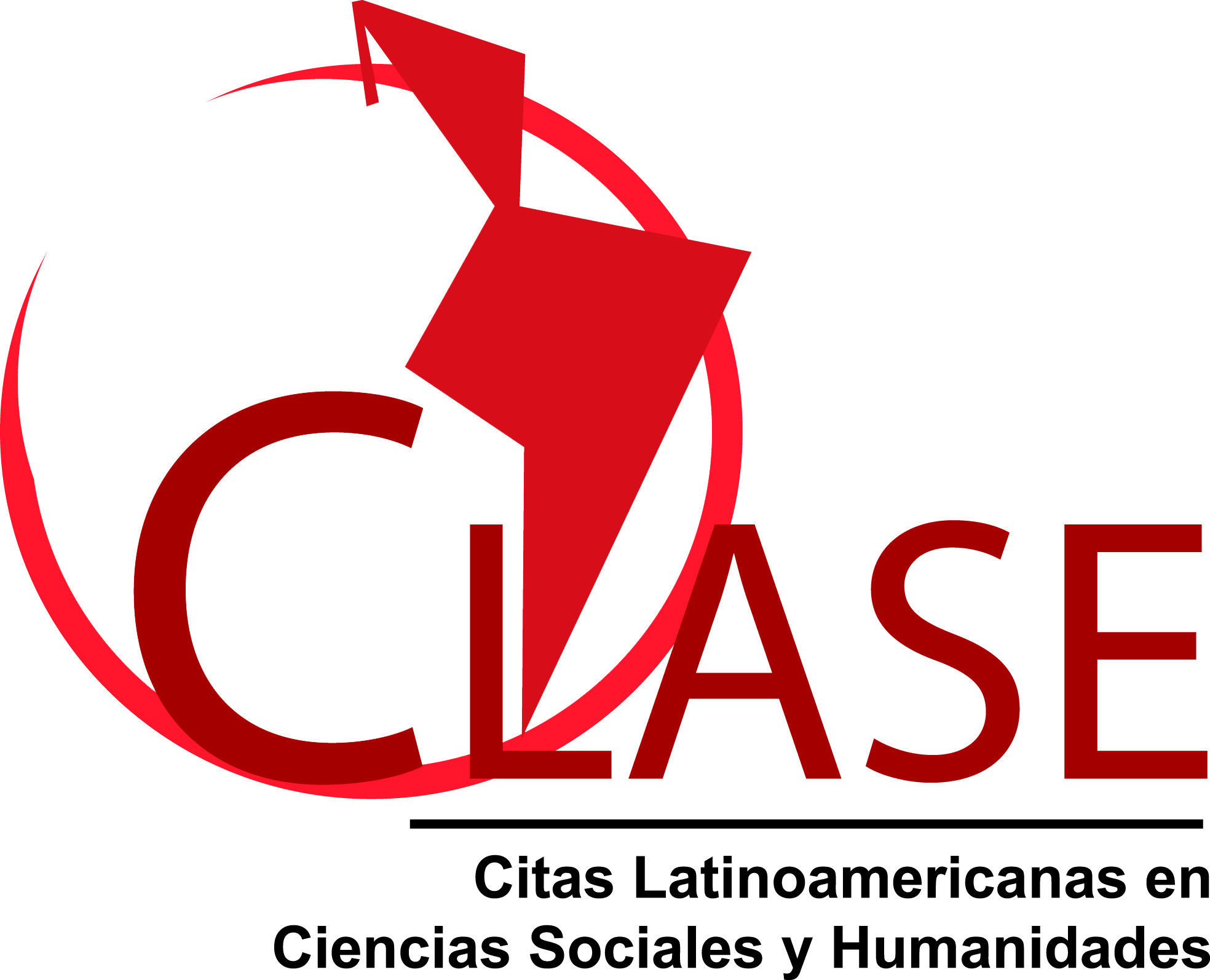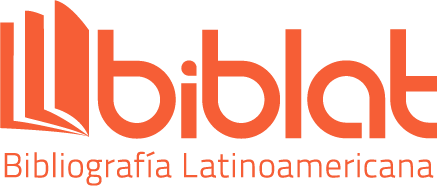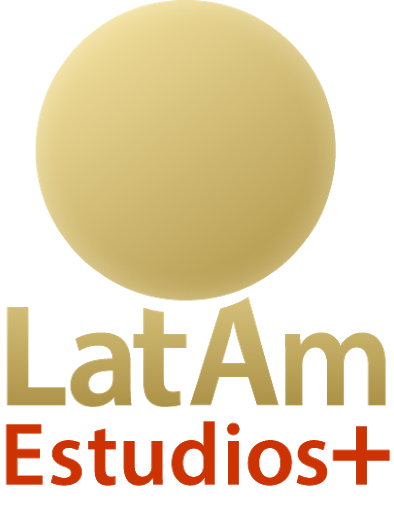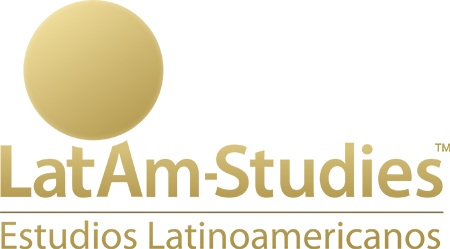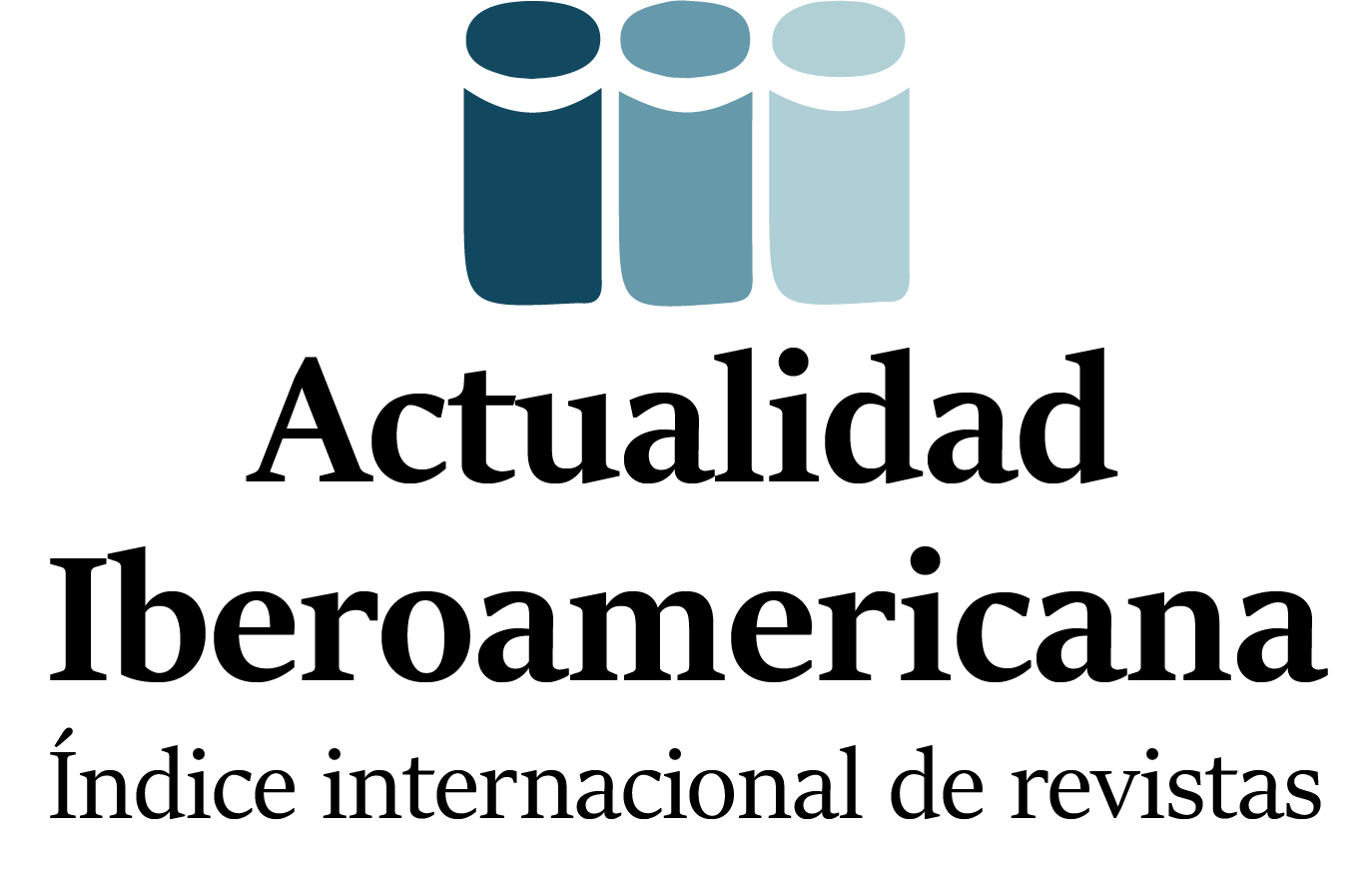Philosophical assumptions in developmental psychology: Meta theory or epistemic framework?
DOI:
https://doi.org/10.24215/2422572Xe140Keywords:
meta-theory, epistemic framework, presuppositions, developmental psychologyAbstract
We argue that a set of basic ontological and epistemological assumptions underlie developmental psychology research in terms of meta-theories (MT) and epistemic frameworks (EF). This raises some problems, among others: how are the assumptions integrated into the scientific process? How are the latter affected by ontological and epistemological standpoints? Do presuppositions remain unalterable or can they be modified during research? We will try to provide some answers. First, we characterize the category of MT proposed by Overton, and extended by Witherington and other authors. Then, we examine that of EF formulated by Piaget and García, revisited by Becerra and Castorina, introducing ethical-political values and social regulations. Later, we analyze the similarities and differences between MT, associated with the notion of paradigm, and EF, with a strong emphasis on ethical-political values and social regulation. Finally, we suggest the benefits for EFs to incorporate the conceptual analyses of MTs and for the latter to incorporate social conditions.
Downloads
Metrics
References
Alessandroni, N. y Rodríguez, C. (2020). The development of categorisation and conceptual thinking in early childhood: Methods and limitations. Psicologia: Reflexão e Crítica, 33(1), 17. https://doi.org/10.1186/s41155-020-00154-9
Alessandroni, N., Vietri, M. y Piro, M. C. (2017). Elementos para una metodología de segunda persona para la investigación en desarrollo y cognición social. Temas en Psicología, 3, 31–47.
Becerra, G. y Castorina, J. A. (2021). El concepto de marco epistémico. Diversidad de aplicaciones y desafíos. En J. A. Castorina y A. Barreiro (Eds.), Hacia una dialéctica entre individuo y cultura (pp. 29-60). Buenos Aires. Miño y Dávila.
Becerra, G. y Castorina, J. A. (2016). Acerca de la noción de «marco epistémico» del constructivismo. Una comparación con la noción de «paradigma» de Kuhn. Revista Iberoamericana de Ciencia, Tecnología y Sociedad, 11(31), 9–28.
Brizuela, B. M. y Scheuer, N. (2015). Investigating cognitive change as a dynamic process. Infancia y Aprendizaje, 39(4), 627–660. https://doi.org/10.1080/02103702.2016.1223710
Branco, A. U. y Valsiner, J. (1997). Changing methodologies: A co-constructivist study of goal orientations in social interactions. Psychology and Developing Societies, 9(1) 35-64. https://doi.org/10.1177/097133369700900103
Castorina, J. A. (2021). The importance of worldviews for developmental psychology. Human Arenas, 4, 153–171. https://doi.org/10.1007/s42087-020-00115-9
Castorina, J. A. (2018). El marco epistémico en la teoria constructivista de Rolando García. Una interpretación para la investigación psicológica. En J. González (Coord.), ¡No está muerto quien pelea! Homenaje a la obra de Rolando V. García Boutigue (pp. 63-90). Universidad Nacional Autónoma de México.
Castorina, J. A. (2016). Las concepciones del mundo y los valores en la investigación psicológica. Cuadernos de Pesquisa, 46(160), 362-385. https://doi.org/10.1590/198053143603
Castorina, J. A. (2014). La explicación para las novedades del desarrollo psicológico y su relación con las meta teorías. En A. Talak (Coord.), Las explicaciones en psicología (pp. 57–76). Prometeo.
Castorina, J. A. y Zamudio, A. (2022). “Un análisis de la dimensión valorativa en la psicología del desarrollo: Los aportes de la categoría de marco normativo de R. Gómez”. En E. Scarano (Comp.), Racionalidad política de las ciencias y la tecnología (pp. 25-52). Argus.
Castorina, J. A. y Zamudio, A. (2020). Los valores no epistémicos en las teorías del cambio conceptual. En Icic et al. (Eds.), 30º Jornadas de Epistemología e Historia de la Ciencia (pp. 112–123). Editorial de la Facultad de Filosofía y Humanidades - UNC Córdoba.
Castorina, J. A. y Zamudio, A. M. (2019). Supuestos ontológicos y epistemológicos en las investigaciones del cambio conceptual. Epistemología e Historia de la Ciencia, 3(2), 50-69.
Castorina, J.A y Faigembaum, G (2002). The epistemological meaning of constraints in the development of domain knowledge. Theory & Psychology, 12(3), 315-334.
Chakkrath, P. (2012). The role of indigenous psychology in the building of a basic cultural psychology. En J. Valsiner (Ed.), The Oxford handbook of culture and psychology (pp. 75–95). Oxford University Press.
Damasio, A. (1994). Descartes' error: Emotion, reason and the human brain. Pan Macmillan.
Di Paolo, E. (2019). Process and individuation: The development of sensorimotor agency. Human Development, 63, 202–226. https://doi.org/10.1159/000503827
Di Paolo, E. A., Buhrmann, T. y Barandiaran, X. E. (2017). Sensorimotor life: An enactive proposal. Oxford University Press.
Fischer, K. W. y Bidell, T. R. (2006). Dynamic development of action, thought, and emotion. En W. Damon y M. R. Lerner (Eds.), Theoretical models of human development. Handbook of child psyhology (pp. 313-399). John Wiley & Sons.
Fox, D., Prilleltensky, I. y Austin, S. (2009). Critical psychology for social justice: Concerns and dilemmas. En D. Fox, I. Prilleltensky y S. Austin (Eds.), Critical psychology: An introduction (pp. 3–19). SAGE.
García, L. (2010). Historia, valores políticos y conocimientos psicológicos: El caso de Vygotsky y la psicología vigotskyana. II Congreso Iberoameriano de Filosofía de la Ciencia y la Tecnología, Buenos Aires.
García, R. (2001). El conocimiento en construcción. Gedisa.
García, R. (2006). Sistemas complejos: conceptos, métodos y fundamentación epistemológica de la investigación interdisciplinaria. Gedisa.
Gómez, R. (2020). El fin de la ciencia, la historia y la modernidad. Cicus.
Gómez, R. (2014a). La dimensión valorativa de las ciencias. Universidad Nacional de Quilmes.
Gómez, R. (2014b). Hacia una filosofía política del conocimiento científico. En M. C. Di Giorgi, L. Rueda y L. Mattusolo (Coords.), El conocimiento como práctica, investigación, valoración, ciencia y difusión. EDULP – Editorial de la Universidad Nacional de La Plata.
Gómez, R. (2009). Karl Marx. Una concepción revolucionaria de la economía política como ciencia. Herramientas, 40. https://www.herramienta.com.ar/?id=723
Habermas, J. (1974). Theory and practice. Beacon Press.
Harding, S. (2004). Introduction: Standpoint theory as a site of political, philosophic and scientific debate. En su The feminist standpoint theory reader. Intellectual and political controversies (pp. 1-15). Routledge.
Inagaki, K. y Hatano, G. (2008). Conceptual change in naïve biology. En S. Vosniadou (Comp.), International handbook of research on conceptual change (pp. 240-262). Routledge.
Katzko, M. W. (2002). The rhetoric of psychological research and the problem of unification in psychology. American Psychologist, 57(4), 262-270. https://doi.org/10.1037/0003-066X.57.4.262
Kitcher, P. (2001). Science, truth and democracy. Oxford University Press.
Koyré, A. (1994). Pensar la ciencia. Paidós.
Koyré, A. (1979). Del mundo cerrado al mundo infinito. Siglo XXI.
Lerner, R. M. y Overton, W. (2009). Exemplifying the integrations of the relational developmental system. Journal of Adolescent Research, 23, 245-255. https://doi.org/10.1177/0743558408314385
Kuhn, T. (1993). La tensión esencial. Fondo de Cultura Económica
Longino, H. (2015). The social dimensions of scientific knowledge. En E. Zalta (Ed.), The Stanford encyclopedia of philosophy. https://plato.stanford.edu/archives/sum2019/entries/scientific-knowledge-social
Machado, A. y Silva, F. J. (2007). Toward a richer view of the scientific method: The role of conceptual analysis. American Psychologist, 62(7), 671–681. https://doi.org/10.1037/0003-066X.62.7.671
Machado, A., Lourenzo, O. y Silva, F. J. (2000). Facts, concepts, and theories. The shape of psychology´s epistemic triangle. Behavior and Philosophy, 28(1/2), 1-40.
Martí, E. (2012). Thinking with signs: From symbolic to action to external sistems of representations. En E. Martí y C. Rodríguez (Eds.), After Piaget (pp. 123-150). Transaction Publishers.
Molenaar, P. C. M. (2004). A manifesto on psychology as idiographic science: Bringing the person back into scientific psychology, this time forever. Measurement: Interdisciplinary Research & Perspective, 2(4), 201–218. https://doi.org/10.1207/s15366359mea0204_1
Moulines, C. (2006). Ulises El estructuralismo meta-teórico. Universitas Philosophica, 46, 13-25.
Overton, W. F. (2006). Developmental psychology: Philosophy, concepts, methodology. En W. Damon y R. M. Lerner (Series Ed.) y R. M. Lerner (Vol. Ed.), Theoretical models of human development: Vol. 1, Handbook of child psychology (6ta ed., pp. 18–88). John Wiley & Sons.
Overton, W. F. (2008). Embodiment from a relational perspective. En W. F. Overton, U. Mueller y J. L. Newman (Eds.), Developmental perspectives on embodiment and consciousness (pp. 1–18). Erlbaum.
Overton, W. F. (2012). Evolving scientific paradigms: Retrospective and prospective. En L. L’Abate (Ed.), Paradigms in theory construction (pp. 31–66). Springer.
Overton, W. F. (2015). Processes, relations, and relational-developmental-systems. En W. F. Overton, P. C. M. Molenaar y R. M. Lerner (Eds.), Handbook of child psychology and developmental science: Theory and method (pp. 9–62). John Wiley & Sons. https://doi.org/10.1002/9781118963418.childpsy102
Overton, W y Lerner, R. (2014). Fundamental concepts and methods in developmental science: A relational perspective. Research in Human Development, 11(1), 63-73. https://doi.org/10.1080/15427609.2014.881086
Overton, W (2013) A new paradigm for developmental science: Relationism and relationalparadigm for developmental systems. Applied Developmental Science, 17(2), 94-107. https://doi.org/10.1080/10888691.778717
Overton, W. F. y Dick, A. S. (2007). A competence-procedural and developmental approach to logical reasoning. En M. J. Roberts (Ed.), Integrating the mind: Domain general vs domain specific processes in higher cognition (pp. 233–256). Psychology Press.
Pepper, S. (1942). World hypotheses. University of California Press.
Piaget, J. y García, R. (1982). Psicogénesis e historia de la ciencia. Siglo XXI
Puche, R. y Martí, E. (2011). Metodologías del cambio. Infancia y Aprendizaje, 34(2), 131-139. https://doi.org/10.1174/021037011795377575
Putnam, H. (2002). The collapse of fact-values dichotomy. Harvard University Press.
Rodríguez, C. (2012). The functional permanence of the object: A product of consensus. En E. Martí y C. Rodríguez (Eds.), After Piaget (pp. 123–150). Transaction Publishers.
Sadovsky, P. y Castorina, J. A. (2021). Los problemas de la intervención de los valores en la investigación en didáctica de la matemática. Análisis y crítica. En J. A. Castorina y P. Sadovsky (Dirs.), El lugar de los saberes en los procesos de enseñanza y aprendizaje. Problemas conceptuales (pp. 191-214). UNIPE Editoral Universitaria.
Smedslund, J. (1991). The pseudoempirical in psychology and the case for psychologic. Psychological Inquiry, 2(4), 325-338. https://doi.org/10.1207/s15327965pli0204_1
Suppe, F. (1998). Understanding scientific theories: An assessment of developments (1969-1998). Philosophy of Science, 67, S102-S115. https://doi.org/10.1086/392812
Talak, A. (2014). Las explicaciones en psicología. Prometeo Libros
Teo, T. (2008). From speculation to epistemological violence in psychology: A critical-hermeneutic reconstruction. Theory & Psychology, 18(1), 47–67. https://doi.org/10.1177/0959354307086922
Teo, T. (2011). Radical philosophical critiques and critical thinking in psychology. Journal of Theorical and Philosopical Psychology, 31(3), 193-199.
Taylor, C. (1995). Philosophical arguments. Harvard University Press.
Thelen, E. y Smith, L. B. (1994). A dynamic systems approach to the development of cognition and action. The MIT Press
Thompson, E. (2007). Mind in life: Biology, phenomenology and the sciences of mind. Harvard University Press.
Valsiner, J. (2019). Cultural psychology as a theoretical project. Estudios de Psicología, 40(1), 10–47. https://doi.org/10.1080/02109395.2018.156002
Valsiner, J. (2012). A guided science. Transaction Publishers
Valsiner, J. (2006) The development of the concept: historical and epistemological perspectives, en W. Damon y R. Lerner (Eds.), Handbook of Child Psychology, Vol. I (pp. 189-232).
Valsiner, J. (2000). Culture and human development. SAGE.
Varela, F. J. (1999). The specious present: A neurophenomenology of time consciousness. En J. Petitot, F. J. Varela, B. Pachoud y J.-M. Roy (Eds.), Naturalizing phenomenology: Issues in contemporary phenomenology and cognitive science (pp. 266–314). Stanford University Press
Vigotsky, L. (1995). La historia del desarrollo de las funciones psíquica superiores. En Obras escogidas, Tomo III (pp. 11–327). Visor.
Vigotsky, L (1927/1991) El significado histórico de la crisis de la psicología. Una investigación metodológica. En Obras escogidas, Tomo I (pp. 257–416). Visor.
Witherington, D. C., Vandiver, T. y Jacob, A. S (2021). Embracing variability and complexity and the explanatory reductionism of scientific realism. Theory & Psychology, 31(3) 417–422. https://doi.org/10.1177/09593543211016095
Witherington, D. C., Overton, W. T., Lickliterc, R., Marshall. P. J. y Narvaez, D. (2018). Metatheory and the primacy of conceptual analysis in developmental science. Human Development, 61, 181–198. https://doi.org/10.1159/000490160
Witherington, D. C. y Boom, J. (2019). Conceptualizing the dynamics of development in the 21st century: Process, (inter) action, and complexity. Human Development, 63(3-4), 147-152. https://doi.org/10.1159/000504097
Witherington, D. C. (2011). Taking emergence seriously: The centrality of circular causality for dynamic systems approaches to development. Human Development, 54, 66–92. https://doi.org/10.1159/000326814
Witherington, D. C. (2007). The dynamic systems approach as metatheory for developmental psychology. Human Development, 50(2-3), 127-153. https://doi.org/10.1159/000100943
Witherington, D. C. (2018). On the explanatory value of individuals and stages: Commentary on Tafreshi, Khalil, and Racine. Human Development, 61(6), 363–367. https://doi.org/10.1159/000494770
Downloads
Published
How to Cite
Issue
Section
License
Copyright (c) 2022 José Antonio Castorina

This work is licensed under a Creative Commons Attribution 4.0 International License.
![]()
Authors who publish in this journal accept the following conditions:
- Authors retain the copyright and assign the right of first publication to the journal, with the work registered under a Creative Commons attribution license (CC-BY), which allows third parties to use what is published whenever they mention the authorship of the work and the first publication in this magazine.
- Authors can make other independent and additional contractual agreements for the non-exclusive distribution of the article published in this journal (e.g., include it in an institutional repository or publish it in a book) as long as they clearly indicate that the work was published for the first time in this magazine.
- Authors are allowed and encouraged to publish their work on the Internet (e.g., on institutional or personal webpages) before and during the review and publication process, as it can lead to productive exchanges and greater and faster dissemination of published work (see The Effect of Open Access ).

